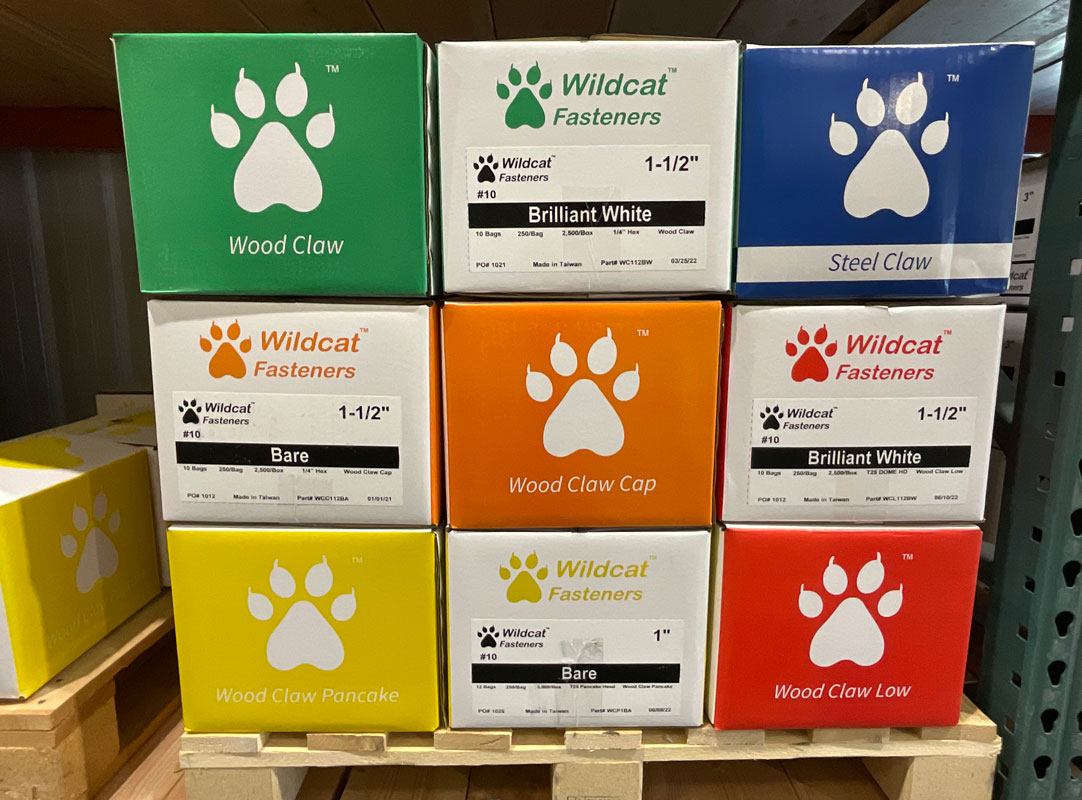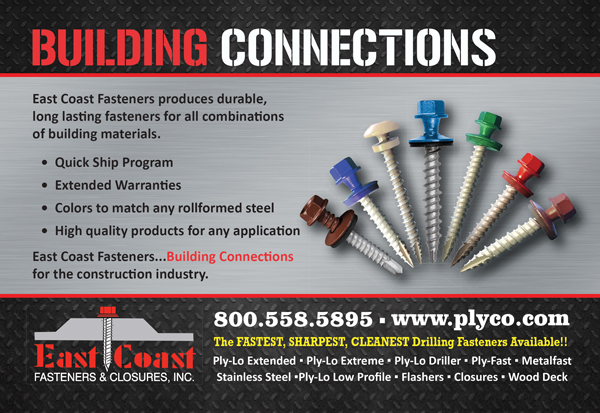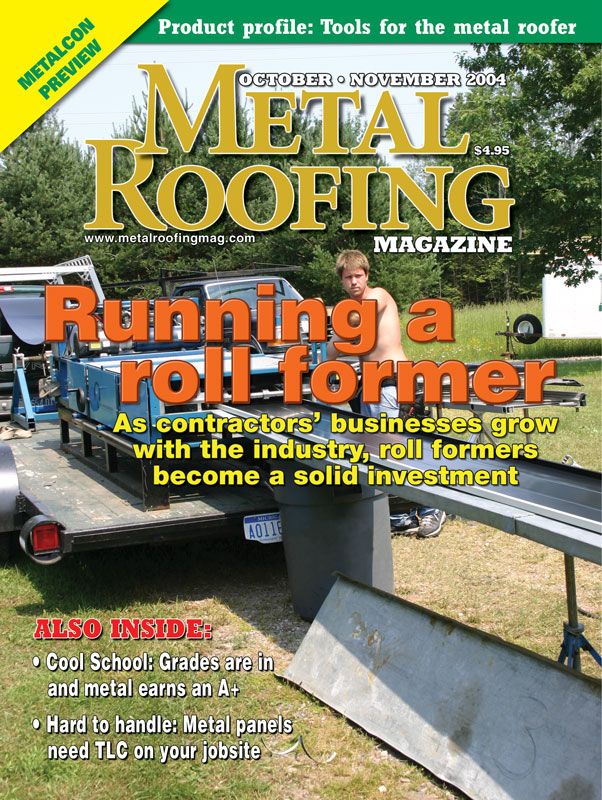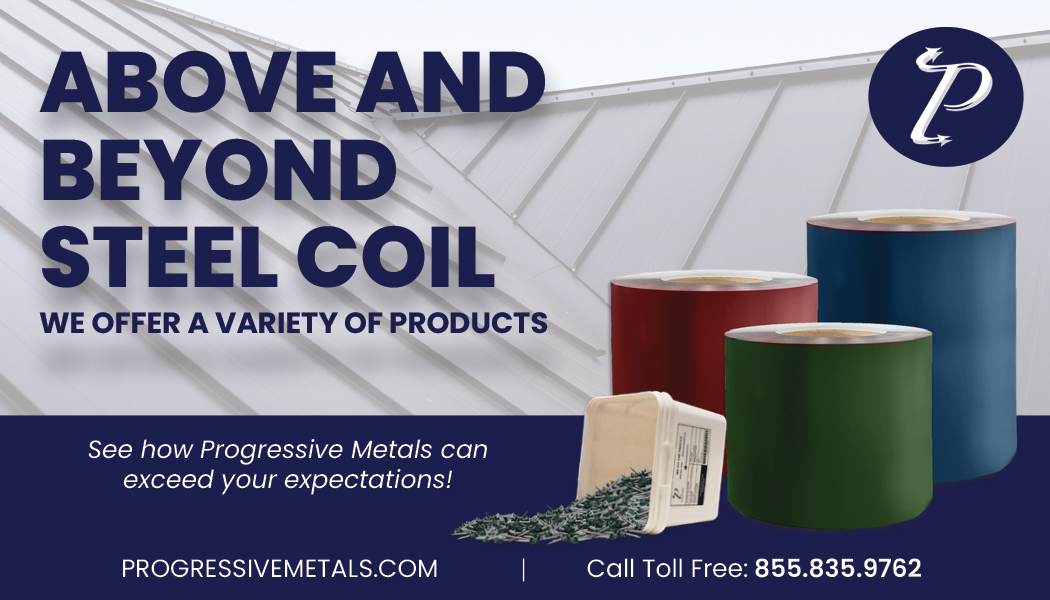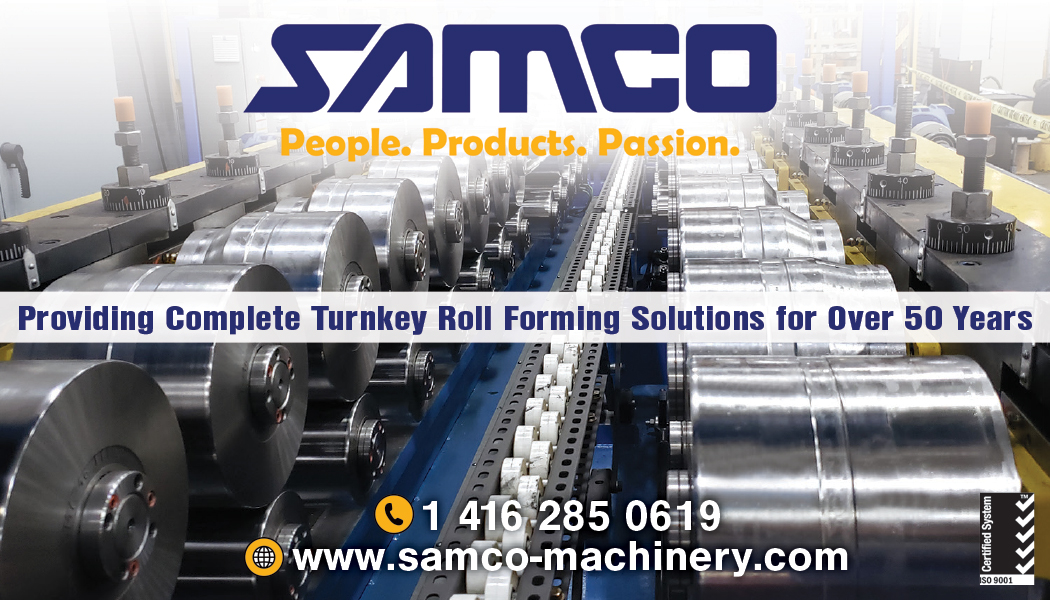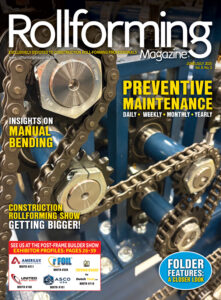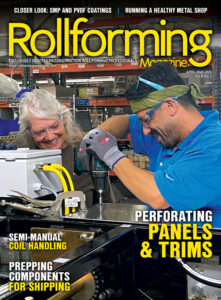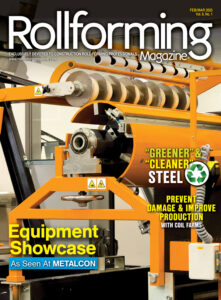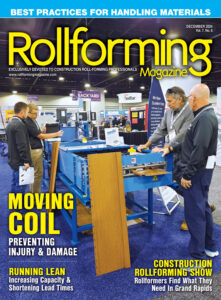By Dolly Penland
So many companies say they have great culture, but they oftentimes confuse their pay or company perks for culture. While these things can foster a positive work culture, the real thing is much different. Great culture is hard to create if it’s not intentionally crafted, and even more difficult to maintain as an organization grows. The key is to define it, and then recognize and reward people for embodying it.
When Bloomfield, Iowa-based Wildcat, which sells metal roofing fasteners, launched three years ago, they were in a unique position of being able to create the business and its culture from the ground up.
“When we started in 2021, it was just Brian Fox, Justin Yoder, and me,” said Lane Morrison, Wildcat’s Chief Financial Officer. “It was just us three people, taking orders, packing, shipping orders, doing all of that, for the first year and half. As sales started to pick up, we knew we needed more folks to get products out the door quickly.”
As the company experienced that rapid growth, they decide to intentionally curate a culture so that the newly hired employees would have a great work experience.
“As a startup, we didn’t know if it would take off and be a huge company or if we’d be a medium size company, or what was going to happen,” said Morrison. “Whatever the company size ended up becoming, we tried to create a better culture and a vision and mission to take care of our customers.”
Their mission is “to provide the highest quality and best performing building components to our customers with their needs and requests centric.” In addition, the Wildcat company vision is to “improve the lives of every contact with a caring, helpful, energetic team of Grade A team players.”
Their corporate values are to, “Outperform all expectations; Be willing to change; Listen to every idea and advice given, and; Take responsibility for mistakes.”
“We have seven staff now,” said Morrison. “I think we’re looking at adding five or six more this year. Three sales people and more production people.”
Having done each of the different roles themselves, the leadership team strives to not just say these values are expectation, they strive to actually live those principles, leading by example. The three believe they are setting the tone for the entire company, so they aspire to embody those values and expect the same from their employees.
Wildcat uses bright vivid colors in their logos and packaging to stand out from the competition. But those fun colors also have a practical use. Those standout colors allow for efficiencies in their warehouse.
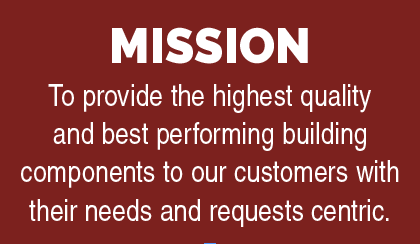
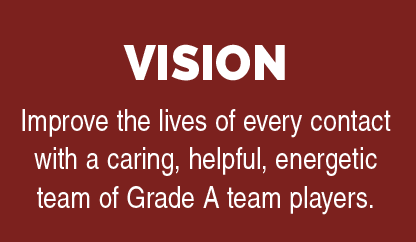
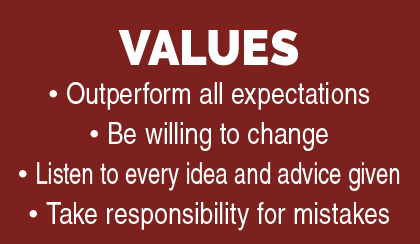
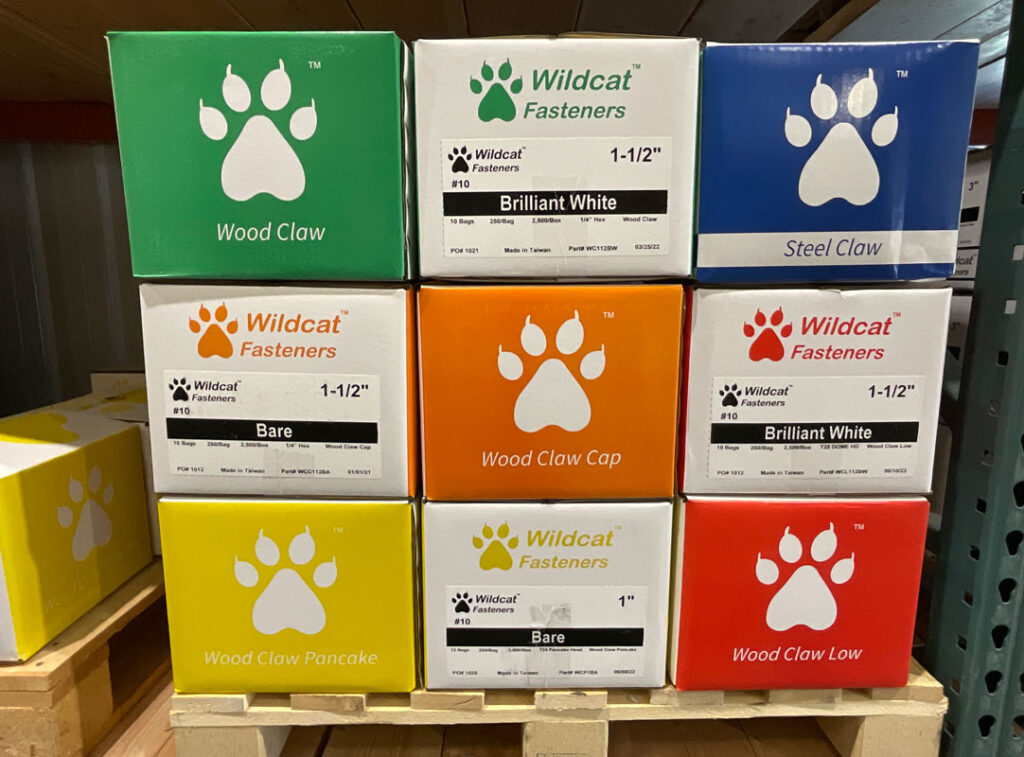
“That vibe is what we’re doing too; it looks like fun,” said Brian Fox, CEO “It’s meant to be attractive and simple, that’s what we’re after with the color and labels. Most of the colors that you see up in the warehouse, the colors mean something. Orange is a stainless-steel cap screw. Blue is steel claw. Green is wood claw. It’s designed to keep it simple so they don’t have to spend a lot of time looking for specific labels and can easily see what kind of color what they are getting, making it easy to pull an order and keep confusion out of the picture.”
In addition to clearly writing out the values that are important at the company, they have them posted so that everyone can easily see them. They also try to show their team how much they appreciate their efforts.
“As a small team, we had to all do each role and wear many hats, being a closeknit team and having a good team vibe was something we have taken seriously,” said Morrison. “We try to do different team events, a team lunch every two weeks, team dinner every so often. We still go out to the warehouse and pack orders or whatever needs to be done.”
While Wildcat is a small company, they do promote work-life balance to prevent burnout. They encourage employees to work regular business hours, take breaks, and provide time off during the holidays.
They try to be open in communicating what’s going on at the company, and encourage employees to share ideas and feedback.
“We’re aren’t trying to be the one-and-only; we are trying to serve people the best way we know how and have fun doing it,” said Fox. “People working here are bettering their lives by being part of the team. We are giving a good quality of life and we expect that quality is part of the brand; we are not selling cheap. It’s more expensive but it’s good service, good quality, and good people who care about you.”
Trust is the foundation of a strong company culture. Be honest, reliable, and trustworthy in all interactions. Trust between team members is equally important, not just the trust shared between a team and their managers.
Hannah Wasson, who works packaging and production in the warehouse, is one of the company’s newest hires. She says the company’s values resonate with her personal values.
“They gave me a tour, so I came out and they interviewed me and showed me everything,” said Wasson. “They were completely honest with everything that was going on. That it was a new company and they were still figuring things out and, I appreciate their honesty about it. They have a good mission and high values. They want to put customers first and do what’s best for the customer, and that’s a plus.” RF
Dolly Penland, President & CEO of Business Results, a PI® Premiere Certified Partner and Master Training Center, Talent Optimization consultancy, and a CATIL® Elite Certified Partner, works with organizations helping them to hire and manage their talent to their highest potential. She specializes in multiple areas including helping businesses grow sales, reduce turnover and develop leaders.


